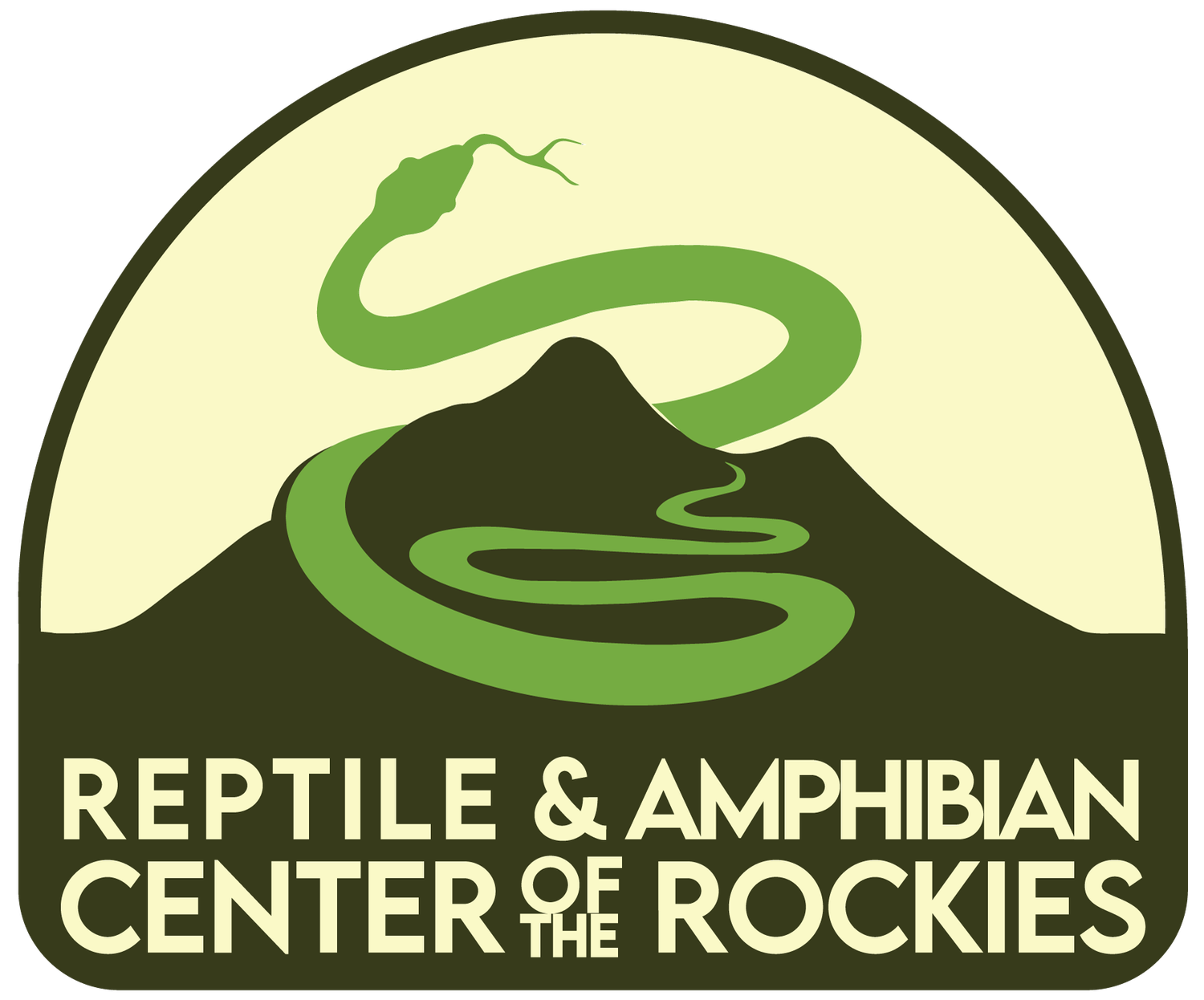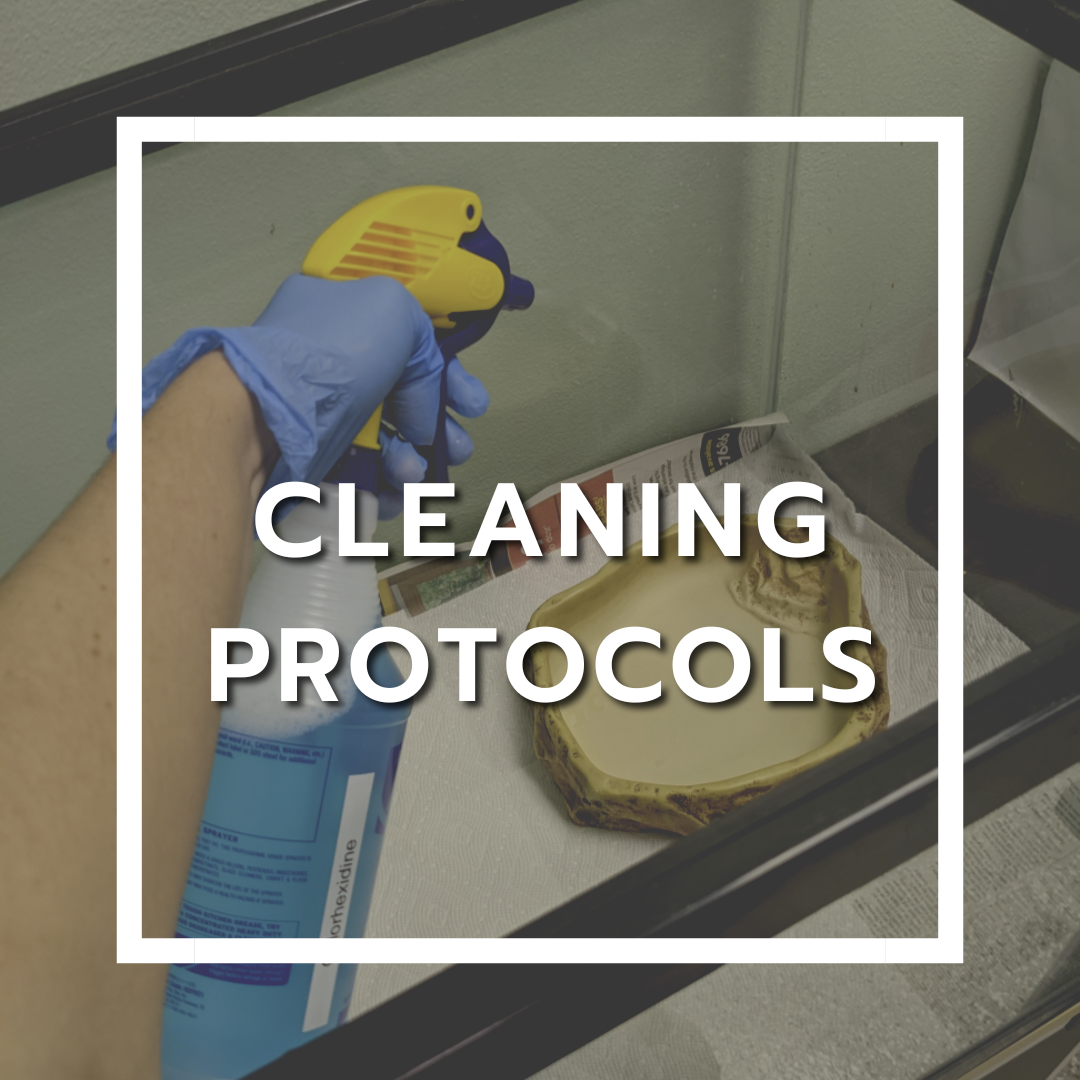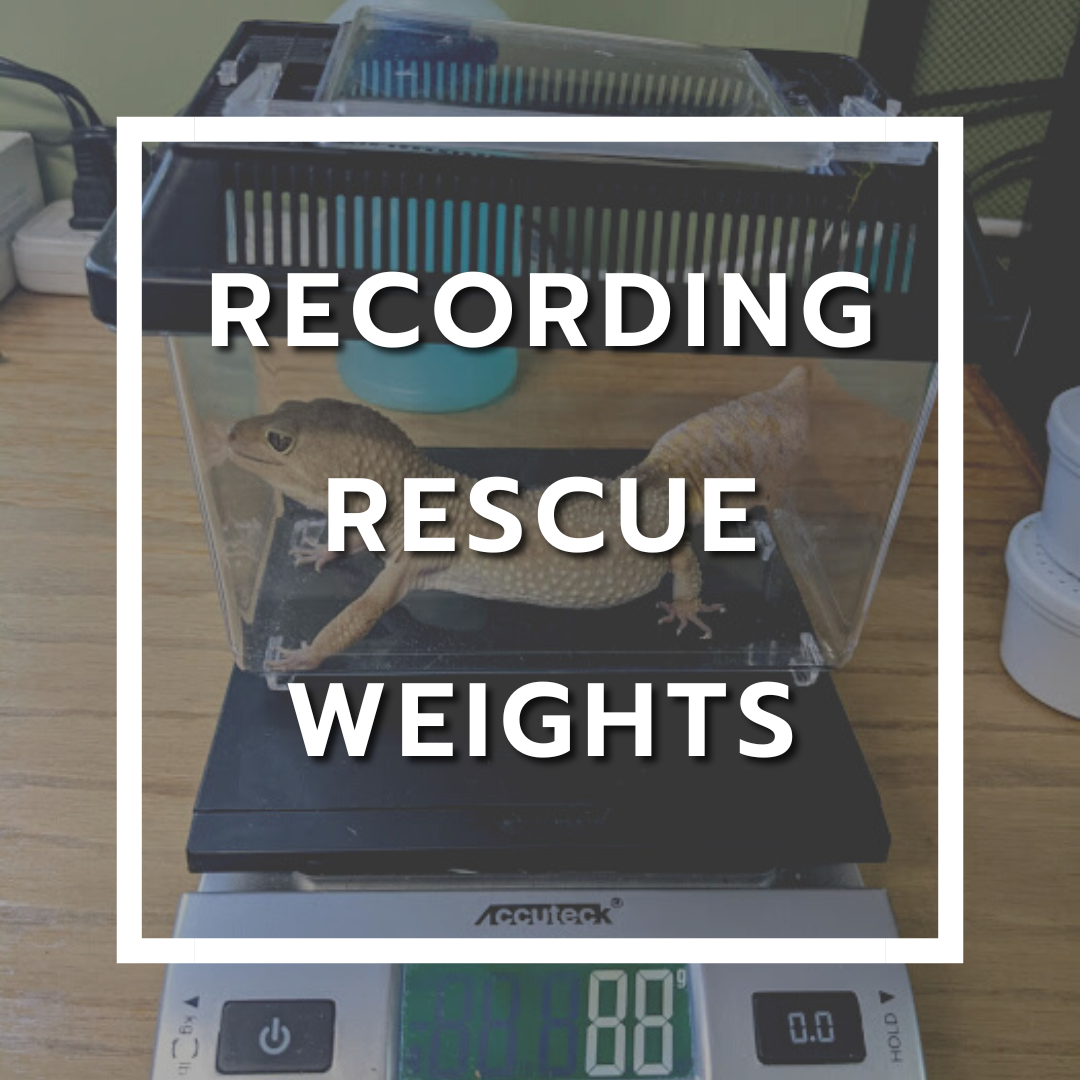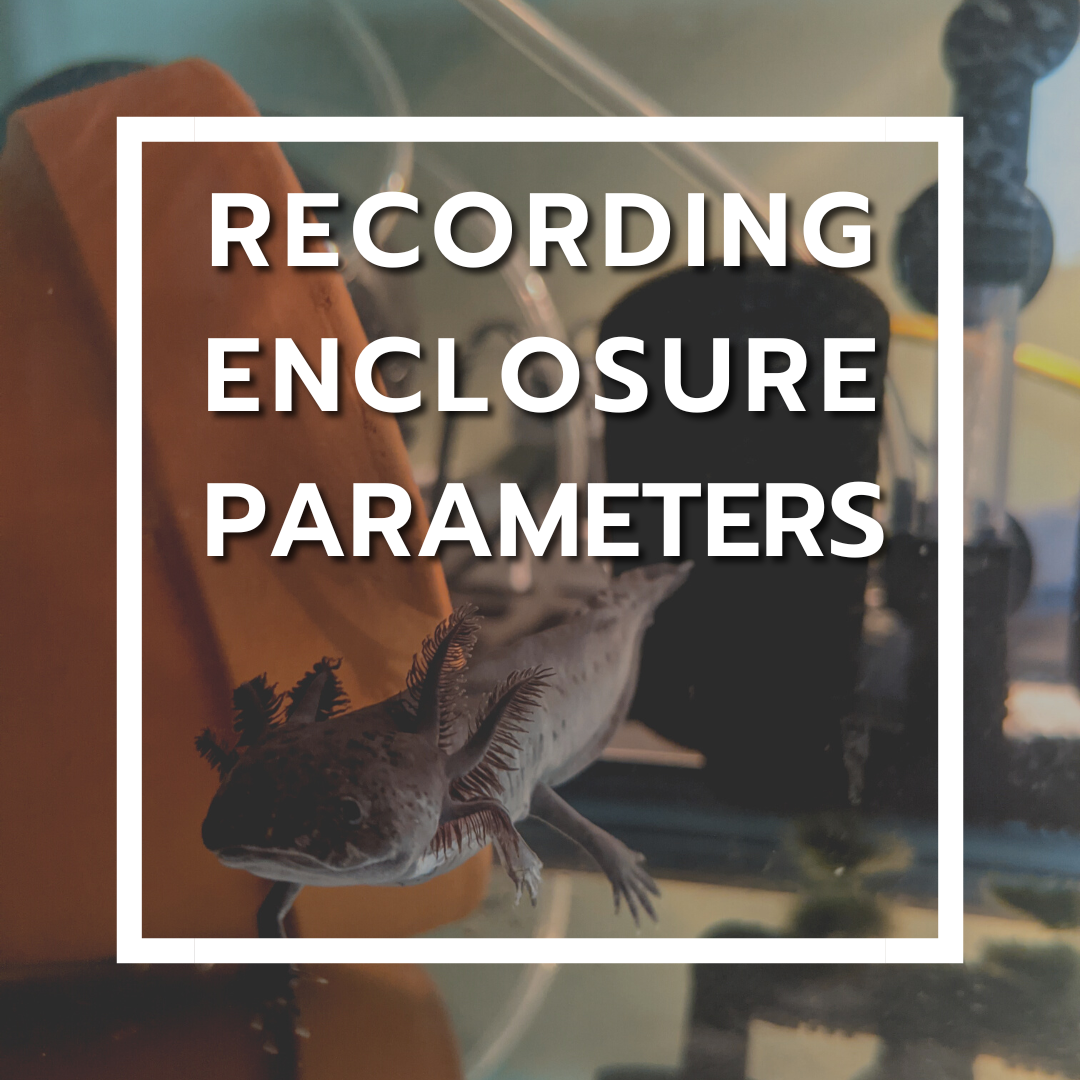Animal Care
Animal Care Shift Schedule:
Check all animals for general health and attitude upon arrival.
Check in with board members or lead volunteer about concerns if found.
Check feeding charts, project board, and enclosure sheets/tags.
Yellow or Red tape with “QP” indicates an animal is new and/or being monitored for illness.
These Quarantine Protocol animals should be worked with last and extra precautions like gloves or extra hand washing should be taken with sanitization.
Prepare frozen foods that need time to thaw per feeding chart instructions.
Frozen feeders (rats/mice) or premade diet cubes (Herbivore Cubes / Omnivore Cubes / Grazer Cubes)
Spot clean or full clean enclosures as enclosure tags indicate.
Including removing any food bowls in enclosures from the previous day.
Deposit cleaning tags in box after finishing each enclosure.
Record Weights and Enclosure Parameters in ShelterLuv if calendar or a board member designates.
Feed animals per feeding instructions and record if food was eaten (how much), refused, or offered to the animal to eat throughout the day.
Prep and provide enrichment to rescues with the direction of board members or lead volunteers.
Tidy up from feedings/enrichments - sanitize feeding tongs, wash, dry, and put away feeding bowls / enrichment items.
Working with our rescue reptiles and amphibians, you will gain hands on experience with animal behavior, health, and husbandry. During animal care shifts, we clean enclosures, perform medical treatments, feed animals, and provide enrichment and handling to all of our rescues.
While the animals we work with live in captivity, they are not domesticated animals and they may not want to interact with humans. When working with our rescues, please take care to observe their behavior and give them respect and space as needed.
Zoonotic disease: Transmission is possible between other animals and people. It’s important that we sanitize equipment and ourselves (hand sanitizer or wash hands) between handling new animals or working in enclosures.
Heat: Some animals require heat lamps and heating pads be present in, on, or near, their enclosures which could become a fire / burn risk if not handled properly. Please be very careful about moving heat lamps to ensure they are moved to a heat resistant surfaces if necessary to move, and replace in the same exact spot it was found originally when finished.





